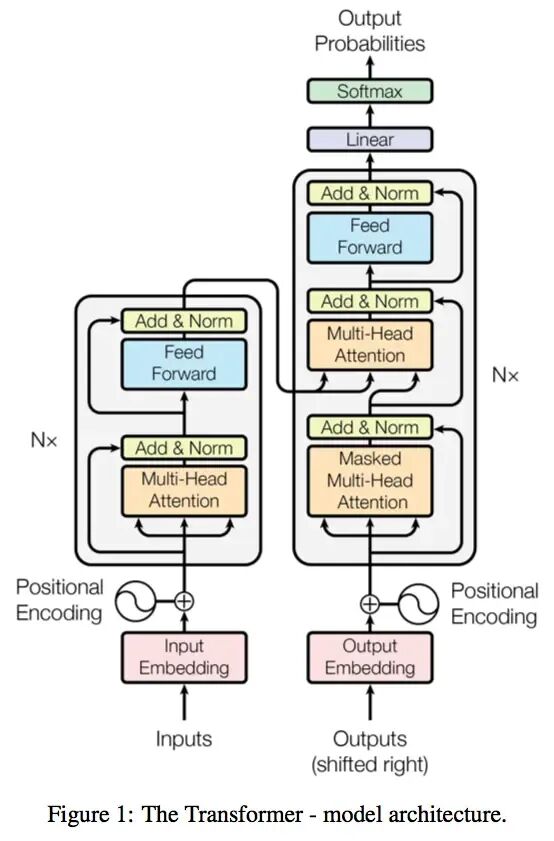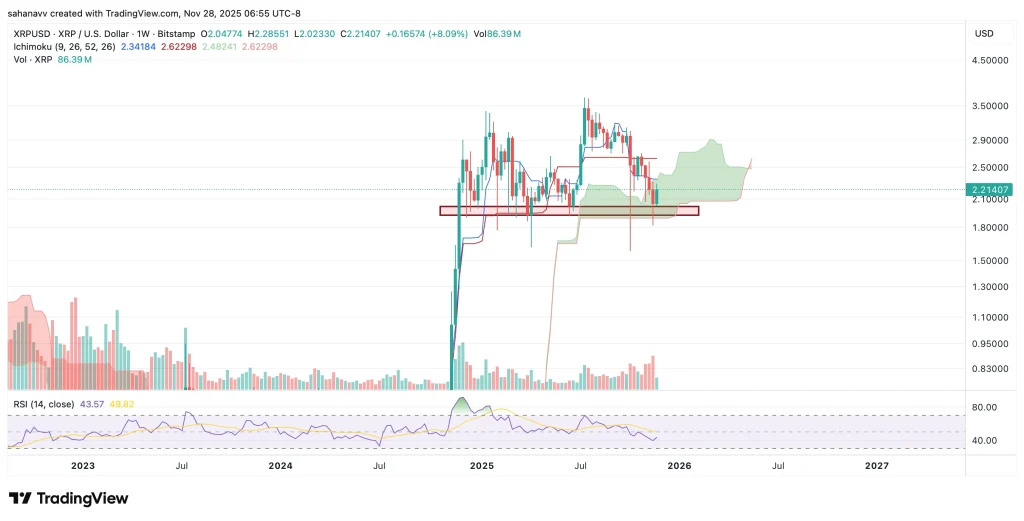Russia Acknowledges Crypto’s Popularity With Its Citizens as Central Bank Weighs Bank Involvement
- Deputy Finance Minister Ivan Chebeskov said about 20 million Russians now use crypto, prompting calls for stronger domestic infrastructure.
- Bank of Russia official Vladimir Chistyukhin said banks will soon be allowed to handle crypto, though strict capital and reserve rules will apply.
Russia is moving closer to formally integrating crypto into its financial system, as officials acknowledge widespread adoption and the central bank prepares to let banks handle digital assets under tight controls.
According to a report by TASS, Deputy Finance Minister Ivan Chebeskov said around 20 million Russians now use cryptocurrencies “for various purposes,” describing them as a reality the government must address rather than resist.
TASS reported that Chebeskov argued the state needs to develop domestic infrastructure both to protect users and to secure “economic and technological benefits” for the country.
The scale of that adoption was highlighted by new figures TASS cited from the Bank of Russia.
According to the news agency, Russian citizens’ combined balances on cryptocurrency exchange wallets totaled 827 billion rubles (about $10.15 billion) at the end of March 2025, a 27% increase from the same period a year earlier.
TASS said most of those funds were held in bitcoin (62.1%), followed by ether (22%) and stablecoins USDT and USDC (15.9%). The central bank, according to TASS, also plans to survey cryptocurrency investments and lending activity between January and February 2026.
Central bank prepares tight rules for banks entering crypto
In a separate development, Interfax reported that First Deputy Governor Vladimir Chistyukhin said the Bank of Russia has decided to allow banks to operate in the crypto sector for the first time.
Speaking at the Finopolis conference, Chistyukhin said the regulator reached that decision after consulting with the banking sector, but intends to impose strict capital limits and reserve requirements to ensure crypto activity does not become a “dominant” business line.
Interfax also reported that the central bank proposed in March allowing cryptocurrency transactions only for “highly qualified investors,” with draft criteria still under discussion.
These include investment portfolios worth at least 100 million rubles or annual income above 50 million rubles. In May, the regulator issued a letter recommending that lenders cap their crypto exposure at about 1% of capital while it develops new rules for measuring crypto-related risks.
Together, the reports suggest a shift in policy: Russian officials are now publicly recognizing crypto’s entrenched role in the economy while preparing a tightly regulated pathway for banks to participate in the market.
Disclaimer: The content of this article solely reflects the author's opinion and does not represent the platform in any capacity. This article is not intended to serve as a reference for making investment decisions.
You may also like
No wonder Buffett finally bet on Google
Google holds the entire chain in its own hands. It does not rely on Nvidia and possesses efficient, low-cost computational sovereignty.

HYPE Price Prediction December 2025: Can Hyperliquid Absorb Its Largest Supply Shock?

XRP Price Stuck Below Key Resistance, While Hidden Bullish Structure Hints at a Move To $3

Bitcoin Price Prediction: Recovery Targets $92K–$101K as Market Stabilizes
